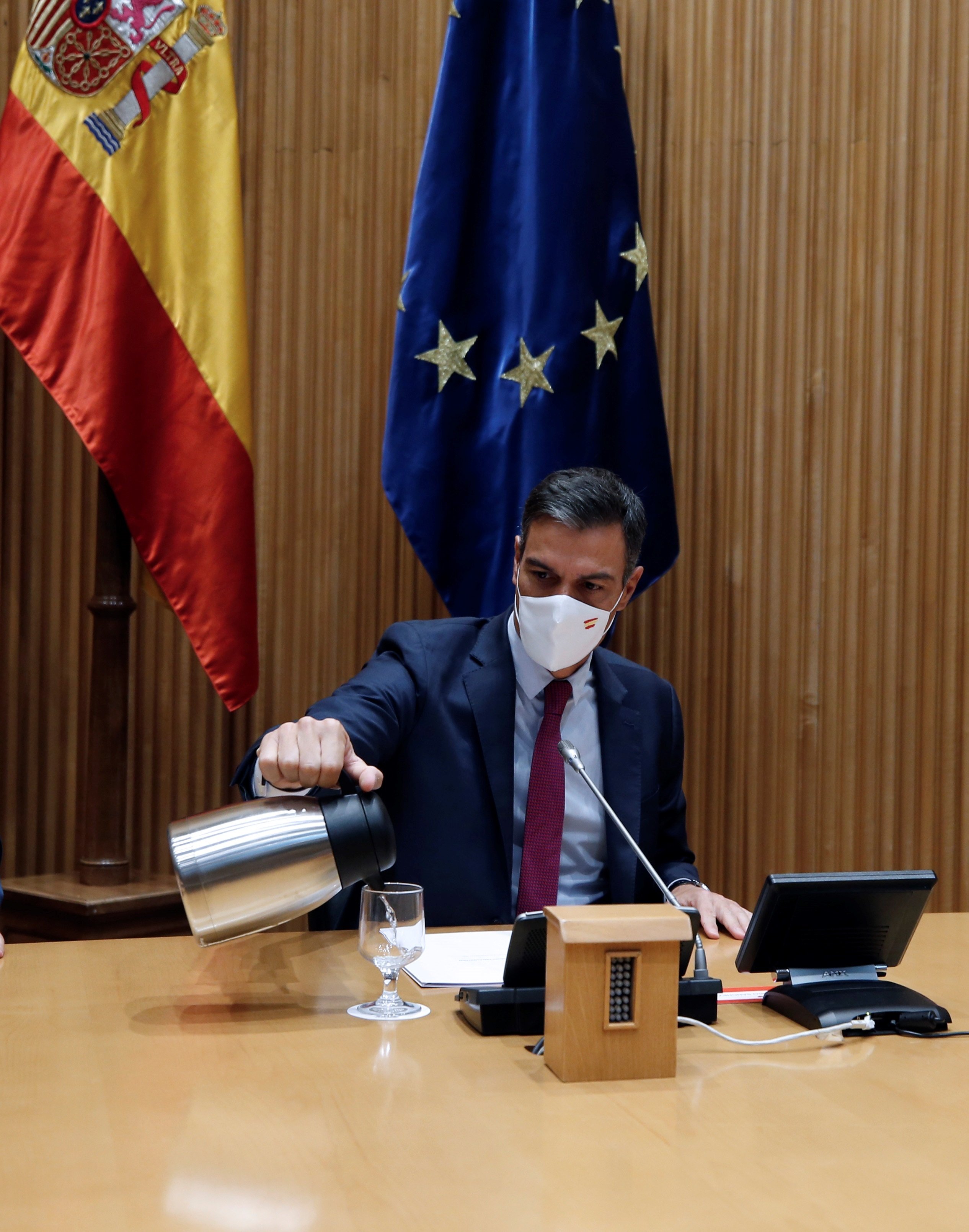As the drama of Spain's record-breaking electricity price continues, criticisms of the apparent passive response from Spanish prime minister Pedro Sánchez are beginning to appear in German newspapers. Berlin's Die Tageszeitung has said that Sánchez "is watching with his arms folded" as the prices rise, and has only taken one single measure in response, having lowered VAT on electricity from 21 to 10%. But the paper notes that this move was taken in late July, and that the effect has since been cancelled out as prices continue to rise. “The spiralling prices have eaten it up,” says the German media.
And for those who thought that the price of electricity in Spain had reached its peak, like the summer temperatures, there is an unpleasant surprise. The price that has just been set for this Thursday, September 9th, will once again set an all-time historic record. Tomorrow the average price of electricity will be 141.71 euros per megawatt hour (MWh).
According to Die Tageszeitung, this exorbitant increase in the power price has a serious impact on the economy. "This will have a direct impact on inflation. By 2021 it will be at least 3.3%, the highest since 2012," predicts the paper.
The daily warns that the government's failure to act to resolve the increase in the price of electricity may benefit the far right. "The third largest force in the Spanish Congress, the far-right Vox, is taking advantage of the situation to position itself as the voice of the people in the street and has called a protest rally on September 18th. Vox is shaking things up at the expense of the established parties. Both the Socialists and the conservative PP have numerous ex-politicians and former ministers on the power company boards,” it notes.
Another repercussion is that the price rise and the passivity of the PSOE could cause a crisis in the Spanish government, due to the differences in criteria between the Socialists and junior coalition partner Unidas Podemos.

Wholesale daily electricity price market for Spain and Portugal for 9th September. As the graph shows, the maximum price will be reached at around 9pm and the cheapest at 5am. €141.71 is the average for the day.
Deputy prime minister and economy minister Nadia Calviño announced this Wednesday that the executive is considering a new tax cut to try to lower electricity bills in the face of the rising prices of recent months and in an attempt to meet the goal set by Sánchez of ensuring that the average bill this year would be the same as that of 2018, which was the most expensive in the last seven years.
In an interview with radio station Onda Cero, Calviño admitted that tax measures are one of the factors being studied by the Spanish government, as part of the action plan to reduce the cost of electricity, and according to El Periódico, this new cut could consist of a reduction to the minimum possible of the special 5% electricity tax.
In this same interview, the minister recalled the three elements that make up the price of electricity: the wholesale price per megawatt hour, the system charges, and finally, taxes, and she acknowledged that the government could act within the final price and that right now it is at the stage of analyzing and preparing an action plan, which ecological transition minister Teresa Ribera has spoken of this week.
For now, however, nothing has materialized.

